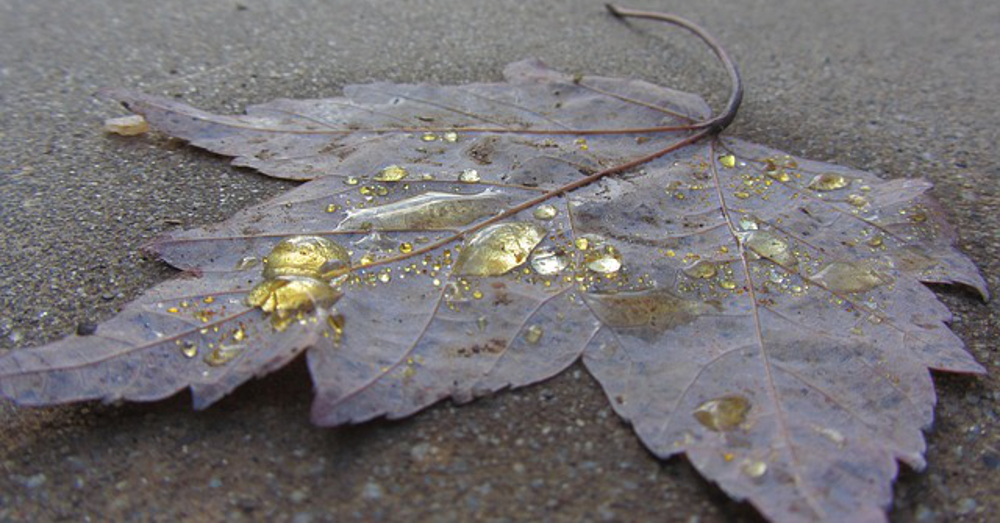
Crops in 25 States Damaged by Unintended Drift of Weed Killer
A weed killer called dicamba has damaged more than 3.6 million acres of soybean crops, or about 4 percent of all soybeans planted in the United States this year, the Environmental Protection Agency said Wednesday in calling for an urgent federal response.
November 1, 2017 | Source: The New York Times | by Eric Lipton
A weed killer called dicamba has damaged more than 3.6 million acres of soybean crops, or about 4 percent of all soybeans planted in the United States this year, the Environmental Protection Agency said Wednesday in calling for an urgent federal response.
“It is not often that we hear about impacts of this magnitude,” said Rick P. Keigwin Jr., the director of the E.P.A.’s pesticide program.
Dicamba has been used starting this year on genetically modified soybean and cotton crops that are grown from seeds created to be tolerant to weed killers. The problem is that the herbicide can drift off the fields where it is being applied, landing on nearby farms where conventional soybean seeds have been planted.
The damage estimates were presented during a meeting Wednesday called by the E.P.A. and attended by pesticide manufacturers, state agriculture officials, farmer groups and environmentalists.
The research, compiled by a University of Missouri plant sciences professor, Kevin Bradley, found that damage complaints have been filed in more than two dozen states. Most of the complaints were related to soybeans, but the drift has also caused damage to other crops, including tomatoes, watermelon, cantaloupe, vineyards, pumpkins, organic vegetables, residential gardens, trees and shrubs, the researchers found.
The first problems emerged this spring, when reports began to flood state agricultural offices. In an effort to limit the damage, the E.P.A. announced last month that new instructions about how to apply the herbicide would be sent to farmers nationwide for use next year.
Monsanto, BASF and DuPont — the three companies that sell the dicamba formulations causing the problems — have signed off on the new instructions, which prohibit application of the herbicide when winds are greater than 10 miles an hour. Farmers will also be required to take additional steps to clean up tanks where the herbicide is stored to make sure contamination does not result when the same equipment is used on conventional fields.
